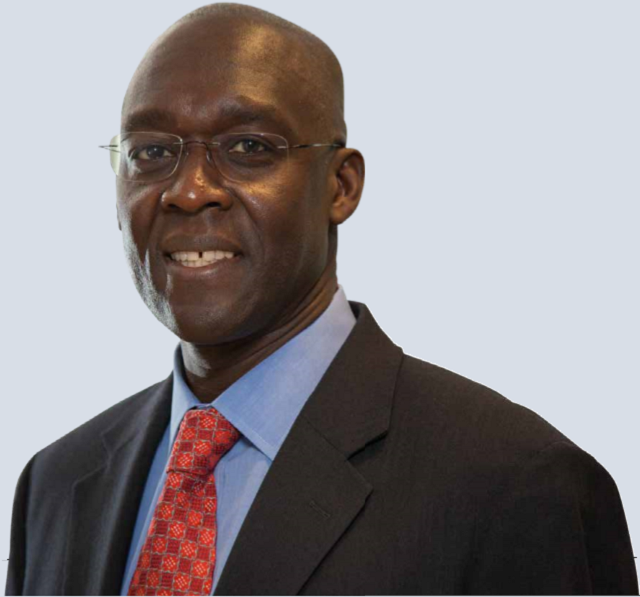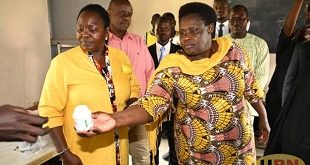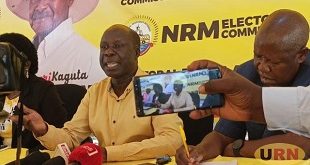
The World Bank’s Board of Executive Directors met on Nov.22, discussed and upheld the decision to suspend the $265m Uganda Transport Sector Development Project (TSDP), a transport sector development initiative following an investigation carried out on one project (the Fort Portal-Kamwenge Road) by the Inspection Panel— the Bank’s internal watchdog. On Nov. 28, Makhtar Diop, the World Bank’s Vice President for the Africa region explained to The Independent’s Ronald Musoke and other journalists via video conference why the decision was taken.
What exactly made the World Bank take this radical action?
It is deeply regrettable that we had such circumstances that led to the cancellation of the project and the suspension of civil works on two other projects. We are looking very closely at the government right now to ensure that the best way forward to meet the Bank’s obligations and support to those people affected by the project but also to provide a foundation for them to prevent such issues from happening again. We are adamant and very clear that we will not compromise on the environmental and social safeguards set by the Bank. The full commitment to upholding these safeguards is to ensure that no harm is done to the local people as a result of the bank’s financed projects. We have agreed on a certain set of actions and a large proportion of them are already being implemented while others are in the process of being implemented and completed. We will lift the suspension of the two road projects when we are all confident (both the World Bank and the government of Uganda) that those actions we discussed with the Uganda National Roads Authority [UNRA] are fully implemented.
The suspended project was conceived way back in 2009 and yet you suddenly cancel its funding in 2015. Why did it take you that long to see the shortcomings?
It did not come out of the blue. The cancellation was a consequence of lengthy discussions that we raised with authorities at various levels; including UNRA, the Ministry of Finance and at the latter stage, we engaged the head of State himself with whom we held discussions. Generally, the World Bank never makes such suspensions without having tried all the means available for us to engage the partners and all the implementing agencies. Let me also say that the World Bank was not implementing the project; it was implemented by the government through UNRA. We indicated to the government that there is an opportunity to correct the mistake and we tried to make sure that there is need for some kind of institutional support to correct the concerns. At all levels, we tried to make sure that we reached out to the stakeholders before reaching out to the decision of cancellation.
Why then did the World Bank suspend other projects in the aftermath of the TSDP cancellation?
There are only two projects that the Bank has suspended— the Albertine Region Sustainable Development Project and the North Eastern Road Corridor Asset Management Project. For the rest of the portfolio, we are not suspending; we just decided with the government that we needed to take a pause. The government thought that it was very useful because we realised that there were many projects that had been approved by the board but were not yet effected partly because some signatories (in Kampala) had not signed to approve the projects. But we also had some projects that have very low levels of disbursement. This essentially means that projects which should have been done in four years were being done in seven years. This means that the people of Uganda are not benefiting from the money which has been made available by the World Bank. This is why we proposed that we look at each project in detail to understand why there is low disbursement even when our board has approved the projects. But we want to do this as soon as possible so that we can go back to the time when Uganda had one of the highest absorption rates in the African portfolio. The issue is not capacity because you have a very qualified human capital. So it is a matter of organisation which has not been going quite well which we would like to see change.
Pages: 1 2
 The Independent Uganda: You get the Truth we Pay the Price
The Independent Uganda: You get the Truth we Pay the Price



